If a hacker were able to access and steal every single piece of information on your computer, but let you keep one of the following. What would you rather avoid losing?
Your documents? Your software? Your pictures?
Or all your money?
Yeah, me too.

Online banking is as big as it’s ever been. It’s estimated that 73% of Americans access their bank accounts online, it’s even more in Canada, with 88% of people reporting using online banking in the last year. And that number is increasing by the day.
It’s gone way beyond just regular banking institutions giving us the option to make transactions online, there are hundreds of banks around the world that offer their services exclusively online. Meaning they don’t have even a single physical location. That number is also constantly increasing.
There is no doubt online banking is here to stay. And you are more likely than not, already using it daily.
It’s easy, convenient, and fast.
This means, however, that your bank account is now accessible from anywhere in the world. Your password is usually all someone needs to drain your funds.
And even if we can’t protect ourselves 100% every second of every day, there are a few things we can do to avoid anyone getting their hands on our hard-earned cash.
Make sure you apply all of the below if your bank allows. And if it doesn’t, it might be worth considering giving your business to another, more secure bank.
Don’t Let Them Guess - Use a Strong Password
We know by now that a strong password is not negotiable for any website. Especially for banking. This means having upper and lower-case letters, numbers, and special characters as part of it. But there’s something else you need to make sure of for your banking password.
It’s pretty simple:
Never use it for anything else.
Make sure you don’t re-use your bank’s password on any other website. If you bank with several different institutions have a unique and distinct password for each of them. You can always use services like 1Password or Dashlane to help you keep track of them.
Hacker’s Worst Nightmare - Multi-Factor Authentication
Enabling MFA is single-handedly the best thing you can do to step up your security.
It’s annoying, we know. Having to get up and go get your smartphone to get the security code each time you want to log in to your online banking does not make it more convenient. But it makes it much more secure.
Microsoft estimates that enabling MFA can help you block 99.9% of attacks versus not having it.
Location, Location, Location - Secure Access
Two main rules you need to keep in mind to make sure you’re accessing your bank accounts online as securely as possible:
- Never open external links:
Always access your bank by typing the URL directly into your browser. Do not open banking links from, even from your email or text messages. No matter how legit they look.
If the notification is real, it will be right there when you access your account manually by typing the URL.
- Never access your bank using public Wi-Fi:
We know hackers can fake entire websites behind their real URLs. So, if you’re accessing your bank using a public network, even typing the URL manually might not be secure. Always try to access from home or a known secure location.
The Faster, The Better - Sign Up For Alerts
Regardless of how much security you set up around your online banking, it’s always a good idea to activate notifications every time there is movement in one of your accounts. Catching these fraudulent transactions early might be key to getting support from your banking institution, and avoiding losing your precious moolah.
Don’t stop at transactions. Set up alerts for failed login attempts and password change requests. These can be just as lethal.
Can I Call You Back? - Be Wary of Phone Calls
When was the last time you got a phone call from your bank without you requesting it?
Exactly.
If you get a call from your bank, especially if they’re asking for any kind of information, ask to call them back. More likely than not, it’s not a real call.
Banks rarely, if ever, will contact you via phone instead of official channels like letters or e-mails.
If really needed, you can look up your bank’s official phone number and call directly. Don’t trust the caller ID either, it’s easily spoof-able.
With all of these in place, you’ll be as shielded as possible against attackers.
Remember that when hackers try to get your passwords, documents, or anything else for that matter, they are just using different methods to achieve a single goal: to take your money.
Make sure you are doing your part to protect it.
Let us help you with your IT solutions and cybersecurity needs. Contact us today to get started!



.png?width=1080&name=GOOGLE%20REVIEW%20(1).png)